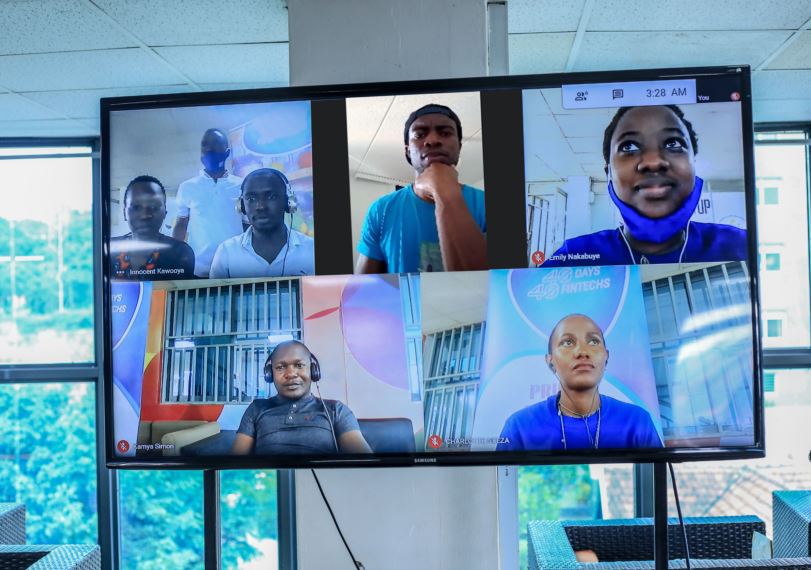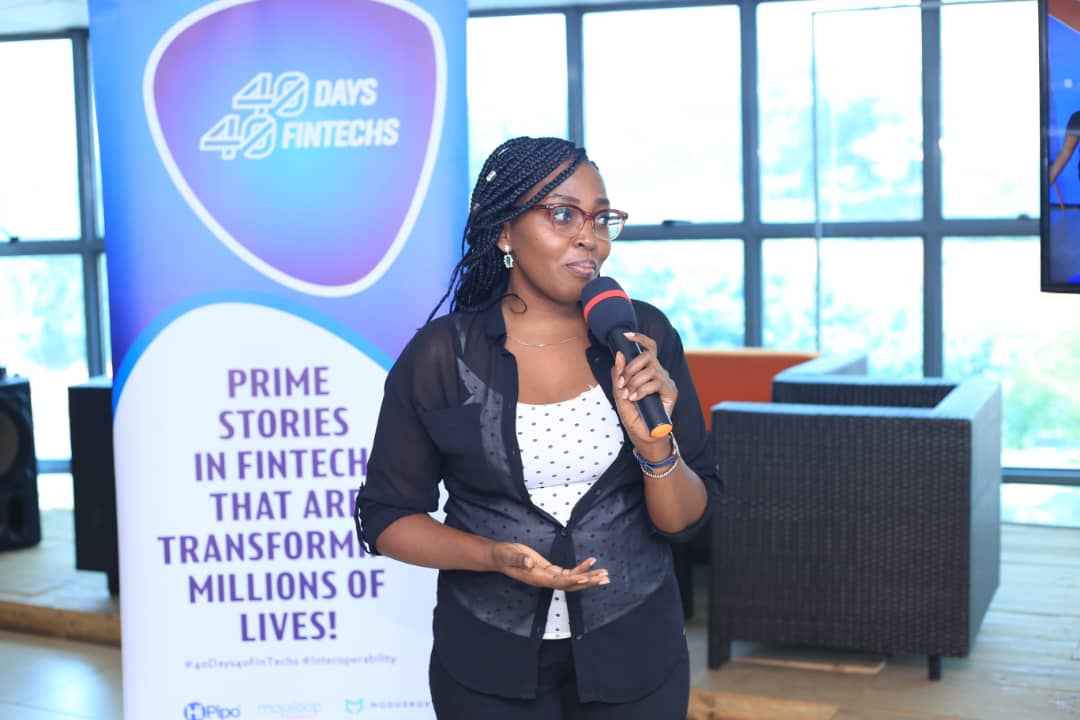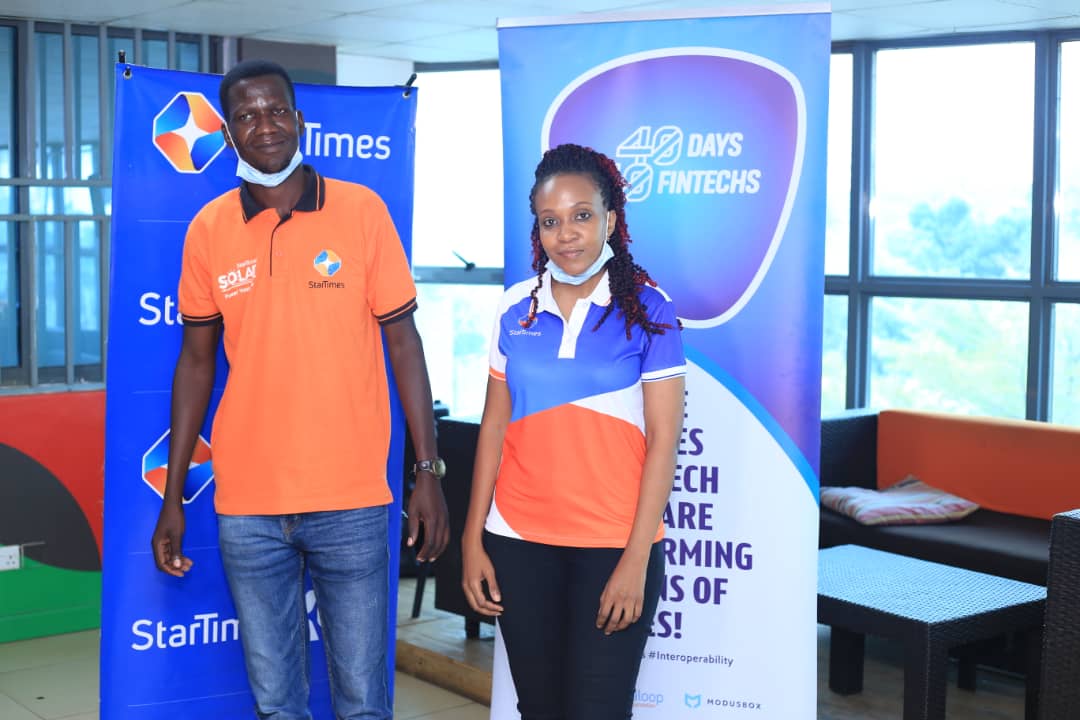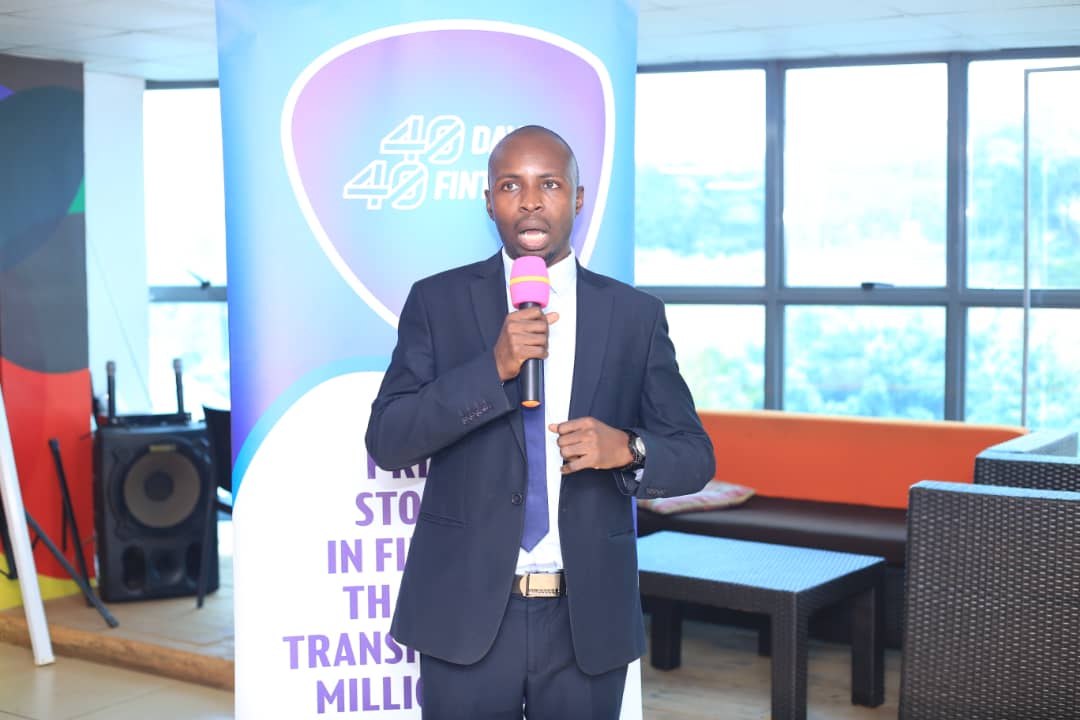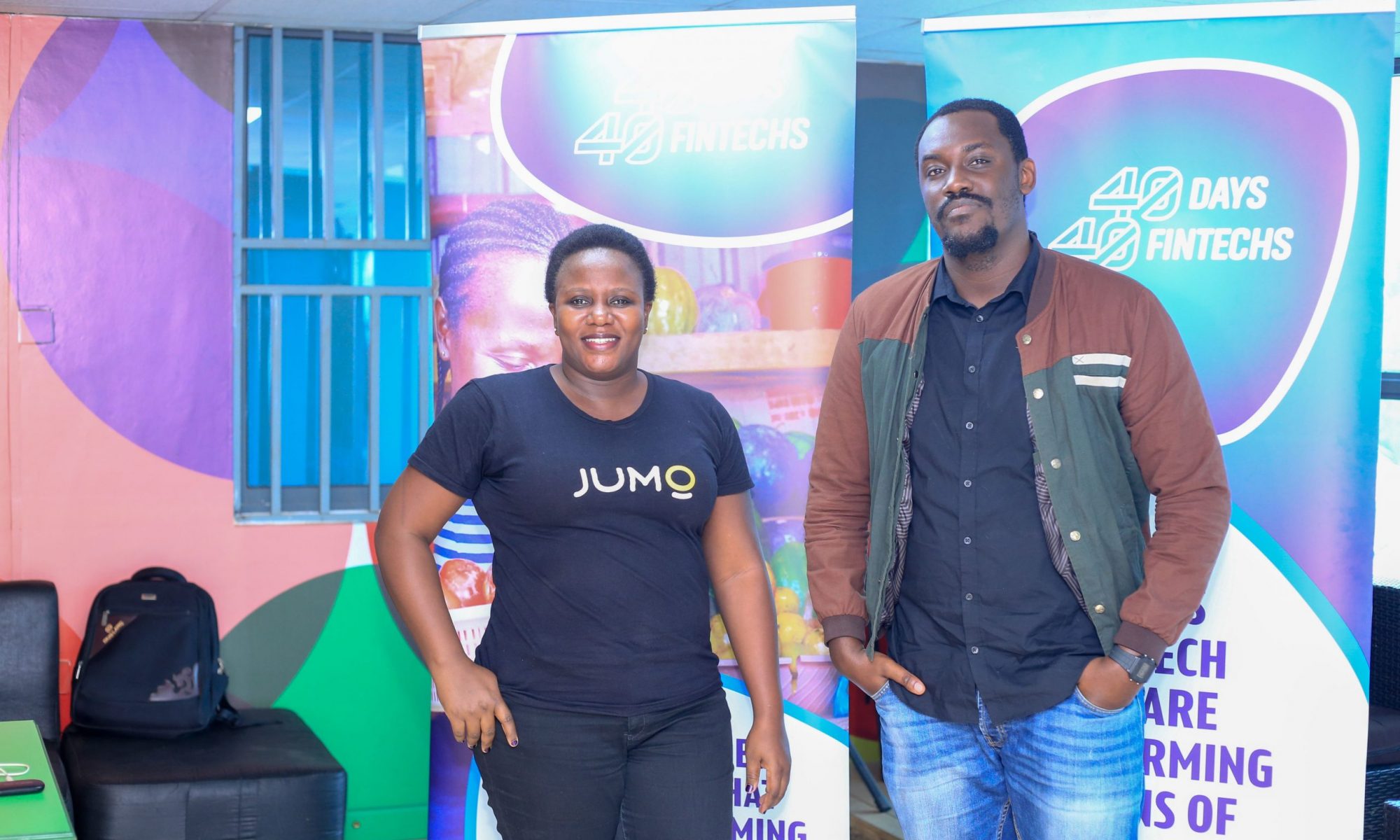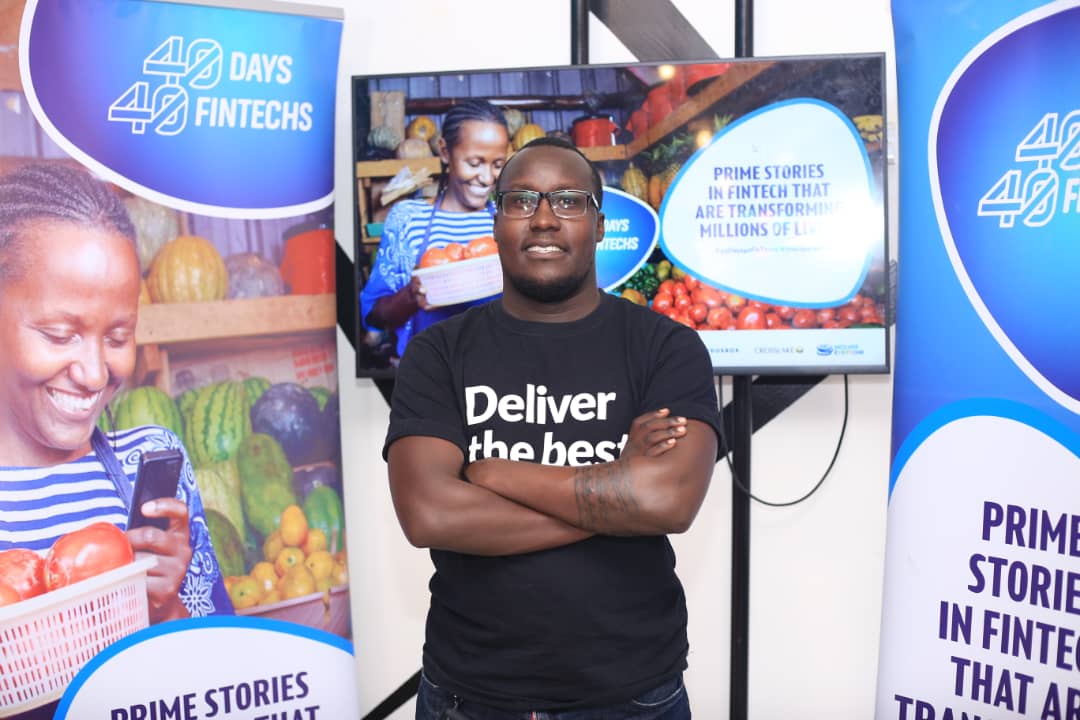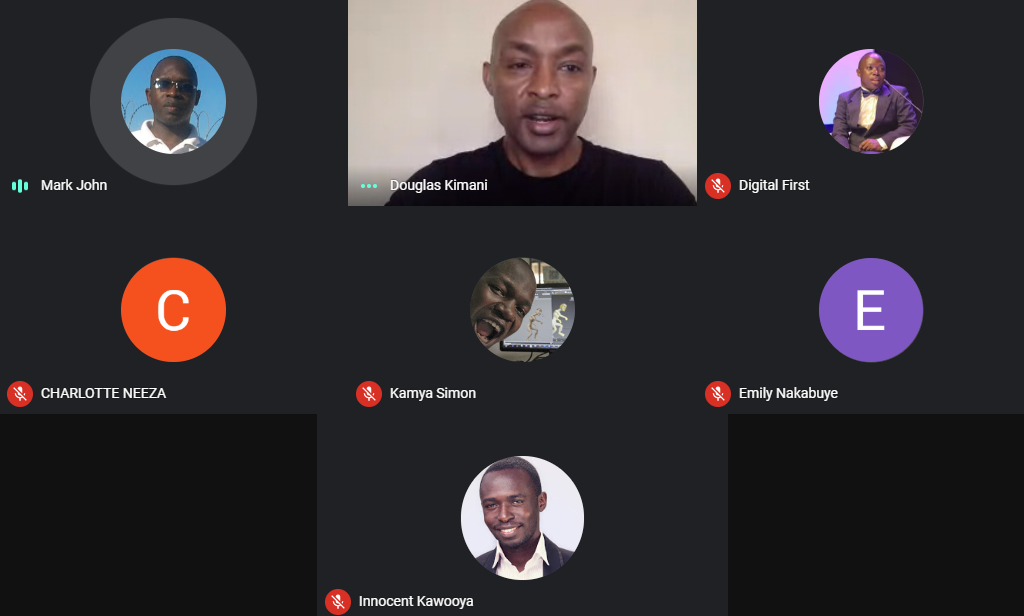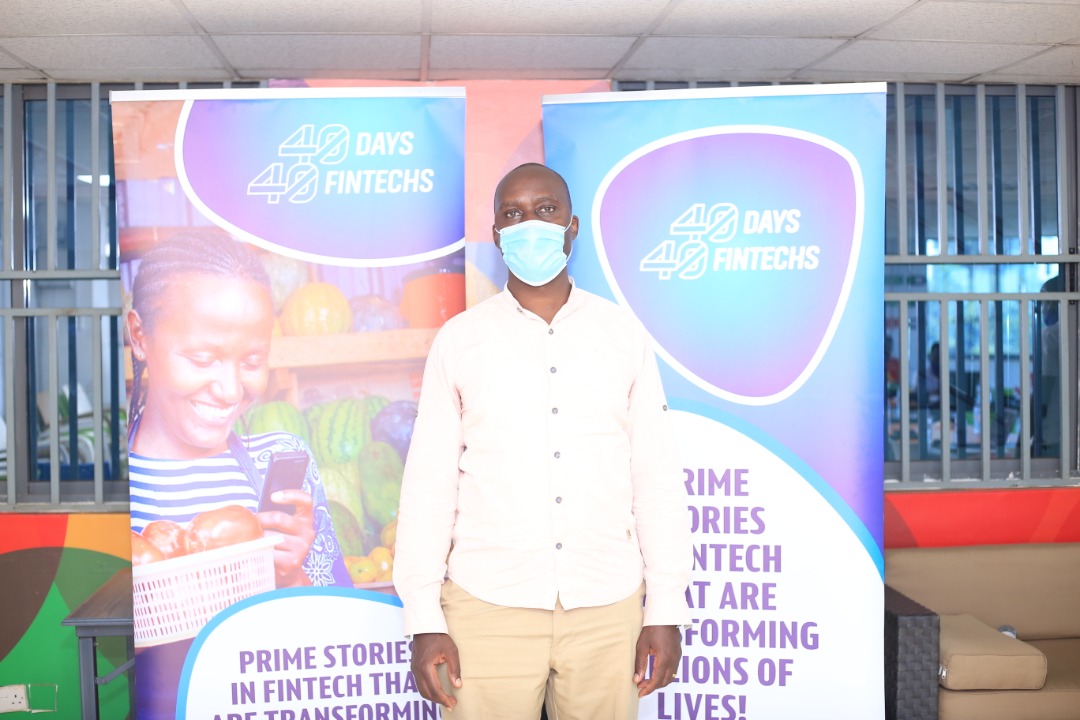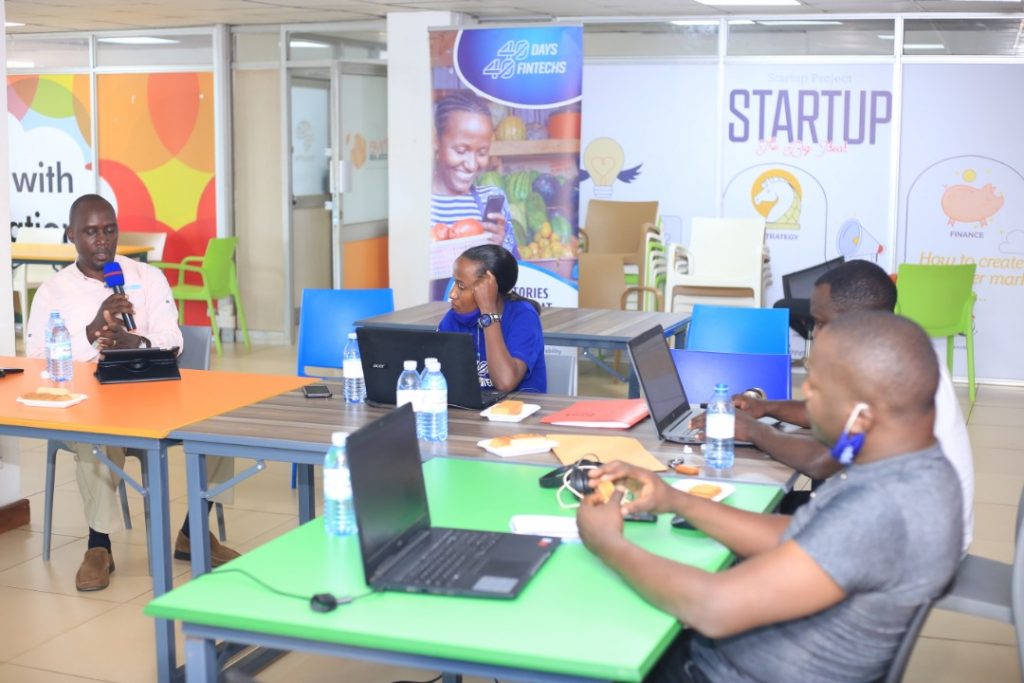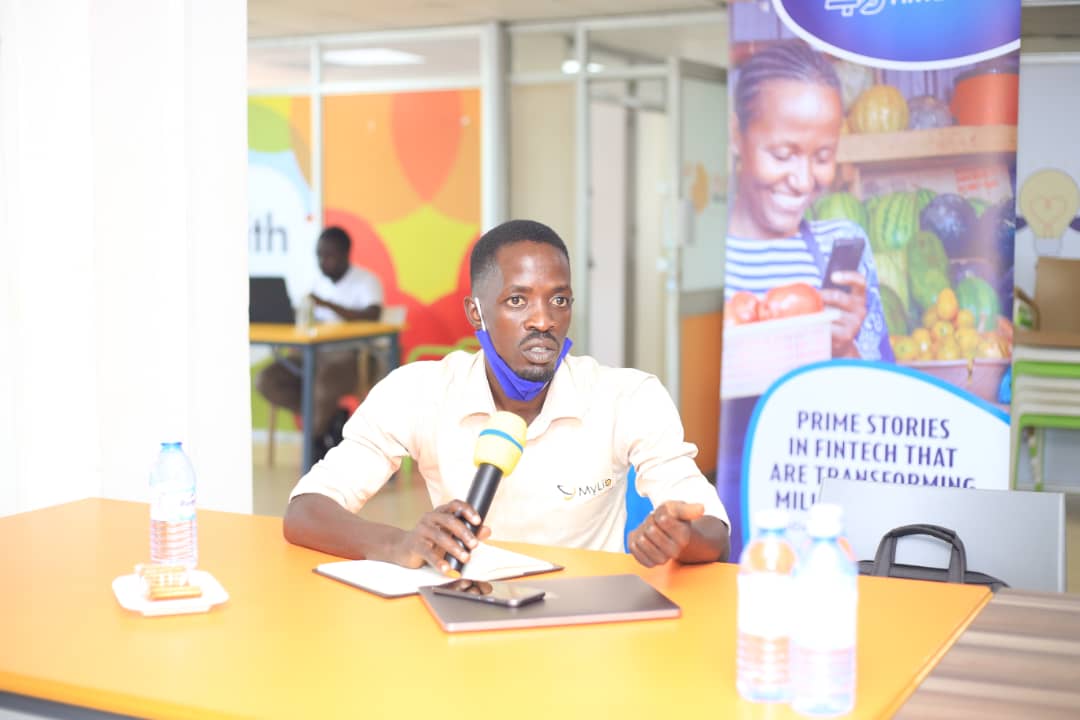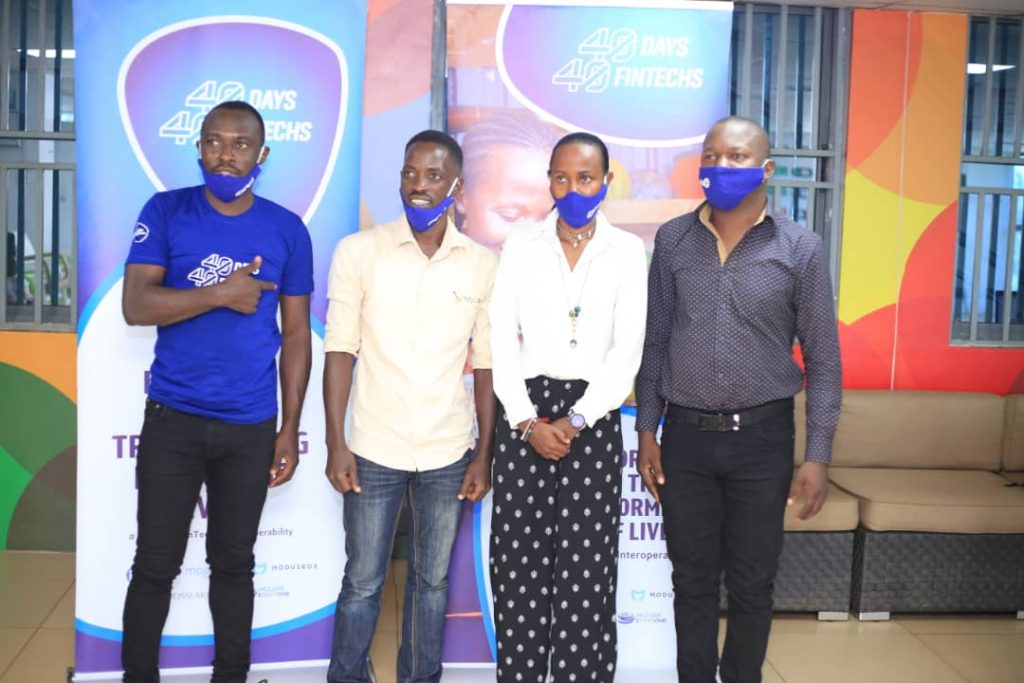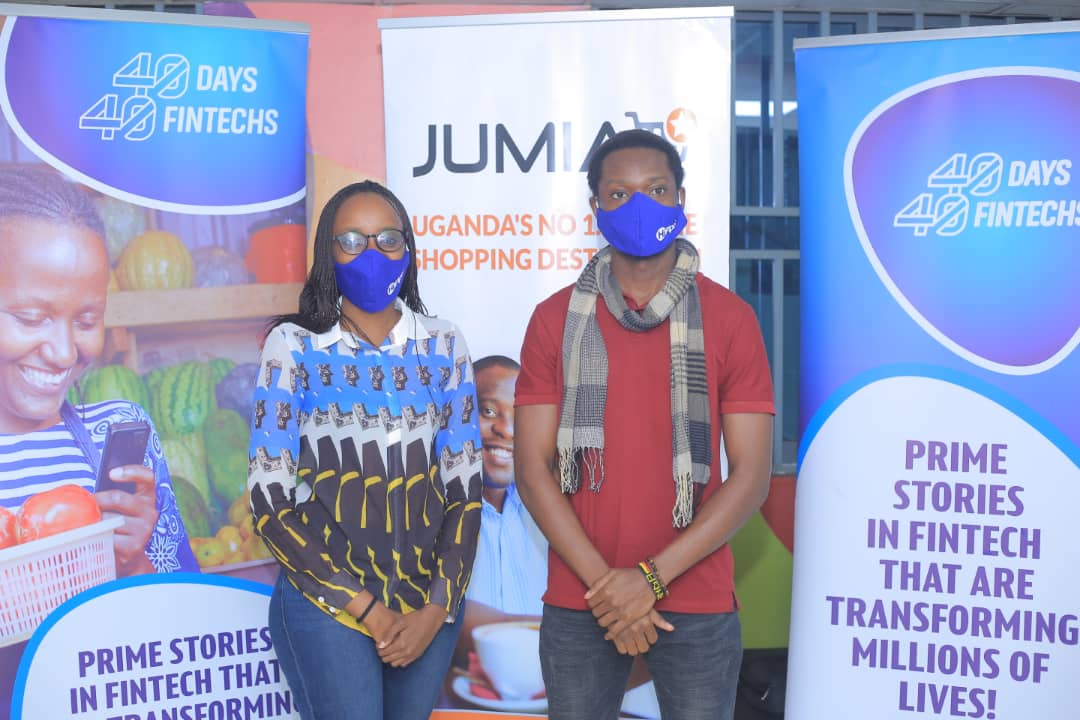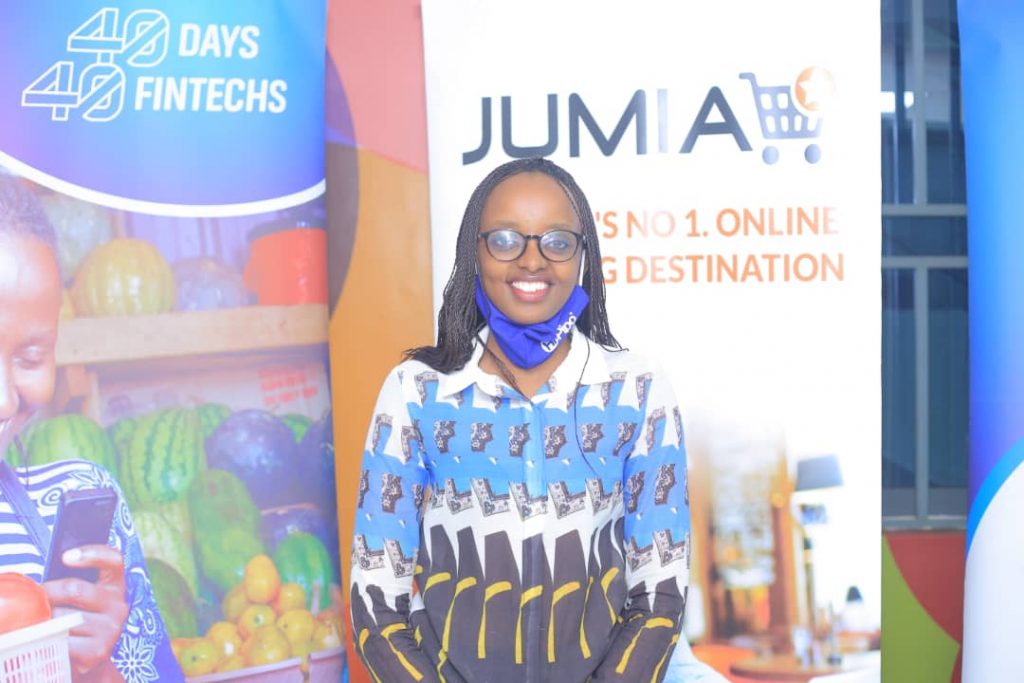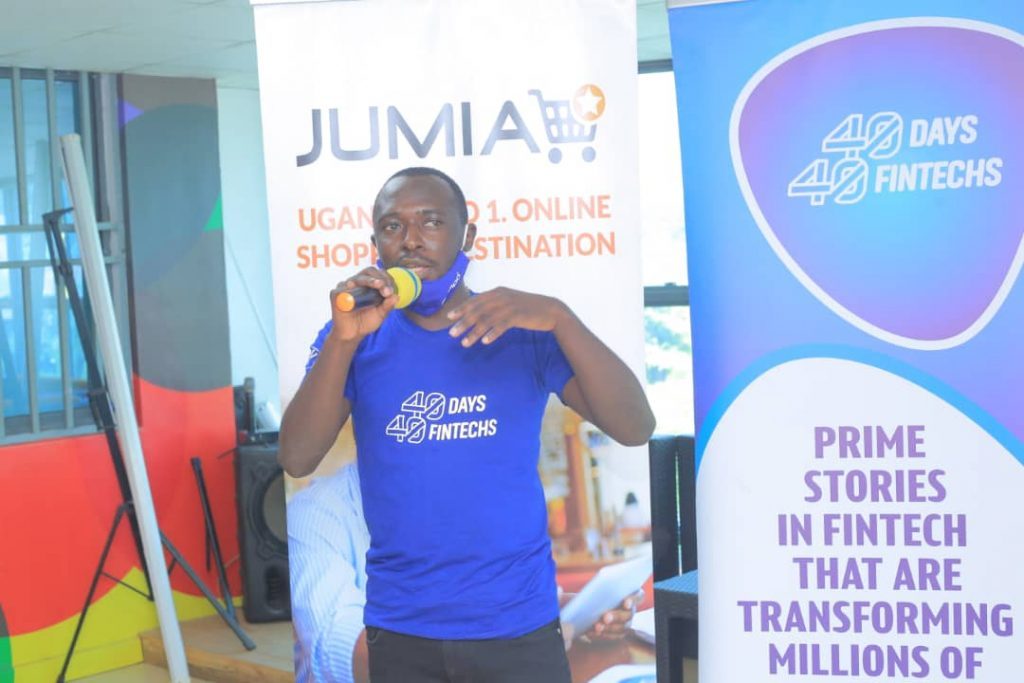Our Reporter.
Mwanjala Technologies, a Zambian company based in Kitwe Lusaka seeks to connect buyers and sellers with proper delivery lines and digital payment integrations.
It further seeks to enhance e-commerce through connecting people to various products and services and allowing them the option to pay through integrated digital financial services platforms such as mobile money.
Mwanjala Technologies makes it easy for users to make online purchases in a secure environment, through integration with electronic payment systems.
Edward Mwanjala, the company’s CEO explained that while they started off by integrating their social network platform with PayPal and VISA Card, users were uncomfortable using them. This forced them to revisit their option, thus integrating with mobile money payment systems, using Application Programming Interface (API).
Additionally, the Financial Technology Company (FinTech) seeks to empower entrepreneurs to be able to sell their products, services and brands.
“Ours is a platform for people to express themselves, to start up brands on our network and be able to make money. Our vision is to make sure that marketers can post their goods and people can be able to buy with mobile money,” Mwanjala said.
The future
Mwanjala is optimistic about the Opportunities in the financial technology space, saying that the future of buying any goods and services is online.
“People will in future reduce the time they go to shops physically; mobile payment systems are going to be the norm if in fact they are not already,” he said.
He added that drones are also expected to come in handy as new delivery systems. Despite the immense opportunities, Mwanjala expressed concern over the limited number of engineers who are able to code and the financing constraint which limits innovation.
“We have created a working engine similar to that of Facebook using the limited resources we have. If a major venture capitalist invested in our project, we could do immense stuff,” he said.
He added: “We are a young company but we are ambitious. We want to lead Africa in pioneering ways of doing business especially in the e-commerce sector. Using our platform, users can sell anything from music, clothes, gadgets and a lot more.”
Mwanjala noted that the team is constantly developing new solutions to bring about ease of doing business.
He noted that Mwanjala Technologies intends to enhance partnerships by collaborating with more players to enhance customers’ e-commerce experiences by minimizing fraud and ensuring timely delivery of purchased goods.
Mwanjala Technologies is among the firms participating in the 40-days-40-FinTechs project.
Running for 40 days, the project, which is organised by HiPipo, in partnership with Crosslake Tech, ModusBox and Mojaloop Foundation, seeks to enable FinTechs to innovate solutions that facilitate cross-network financial transactions at minimal risks to enhance access to financial services.
Simon Kamya, the 40 days 40 fintechs technical facilitator noted that Mwanjala’s state of business calls for availability of an open loop, and same day settlement services that can allow free transaction indulgent where the customers need not worry of which financial providers the businesses prefer.
“Based on the Mojaloop financial model, Mwanjala using the Open source API and business idea, they can include all Digital Financial Services Providers on the same echo system and make use of the account look up service to identify transaction from the different edges of the telecoms, bank, mobile wallets among others,”Kamya said.

